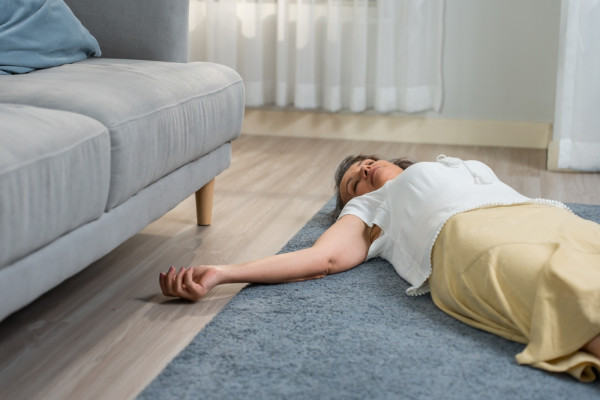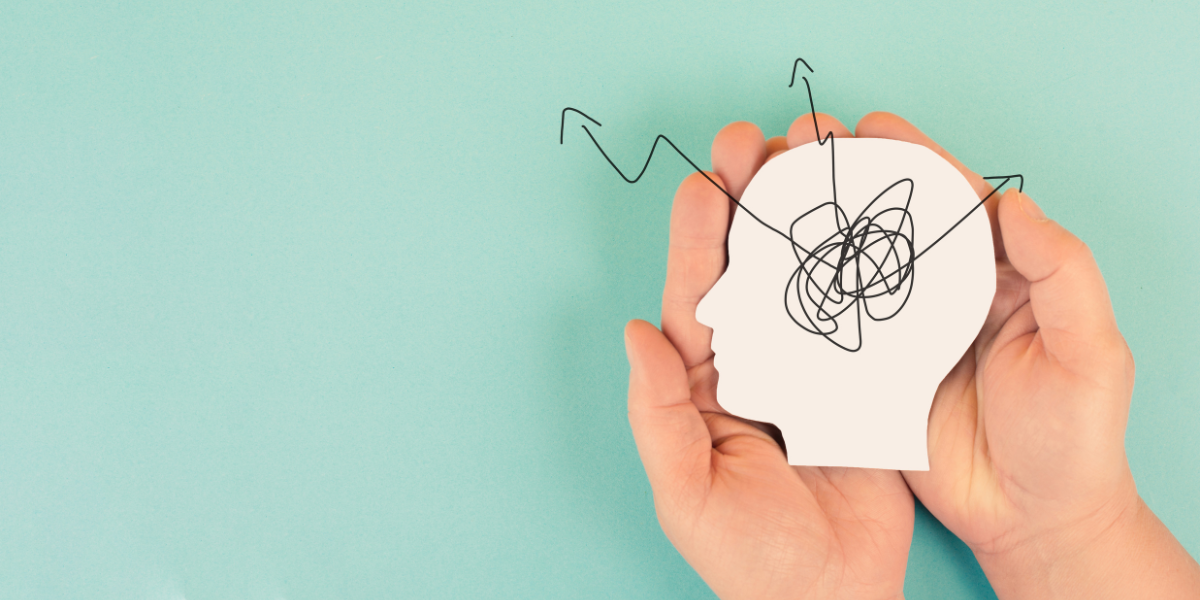
What is fainting and why does it happen ?
Fainting is a brief loss of consciousness called syncope. It usually occurs due to insufficient blood flow to the brain. This causes the person to suddenly fall to the...

Migraine is a neurological condition characterized by severe headaches. These pains, which are usually unilateral, may be accompanied by symptoms such as sensitivity to light, sound or smell, nausea and vomiting. Migraines can usually last between 4 and 72 hours and can affect a person's daily life.
Migraine symptoms can vary from person to person, but the most common are: severe headaches, nausea, vomiting, sensitivity to light and sound, and headaches with aura. Migraine is divided into two main types: without aura and with aura. Understanding these types is important to determine the correct diagnosis and treatment.
There are a number of factors that can trigger a migraine attack. These include stress, hormonal changes, lack of sleep, environmental factors and certain foods. Migraine causes are often a complex combination and can vary from person to person.
To diagnose a migraine, a doctor evaluates a person's symptoms and the characteristics of the irritants. You should consult your doctor for migraine treatment, and treatment may include medications, lifestyle changes, and alternative therapies. Medications include pain relievers, triptans, and preventative medications, while lifestyle changes and alternative treatments include regular exercise, stress avoidance, and acupuncture.
Everyone said that they had a headache after going out with wet hair. So, can wet hair really cause migraines?
Going outside with wet hair can cause chills, especially in cold weather. This can lead to stimulation of nerve endings and headaches. Some people with migraines have reported that this cold stimulus is a trigger.
The tension caused by wet hair from the cold can cause headaches. These types of headaches can be confused with migraines, and wet hair is thought to make them worse.
There may be strong noise and light during the hair drying process. These elements are potential factors that can cause migraine pain. When drying wet hair, these conditions can aggravate headaches in people with migraines.
While some people make the connection between wet hair and headaches, they think that the condition may also be related to a genetic predisposition. The triggering effect of wet hair may be more pronounced in people with a family history of migraines.
As a result, the relationship between wet hair and migraines can vary from person to person. In order to better understand and manage this condition, it is important that individuals follow their own experiences and consult with a physician.